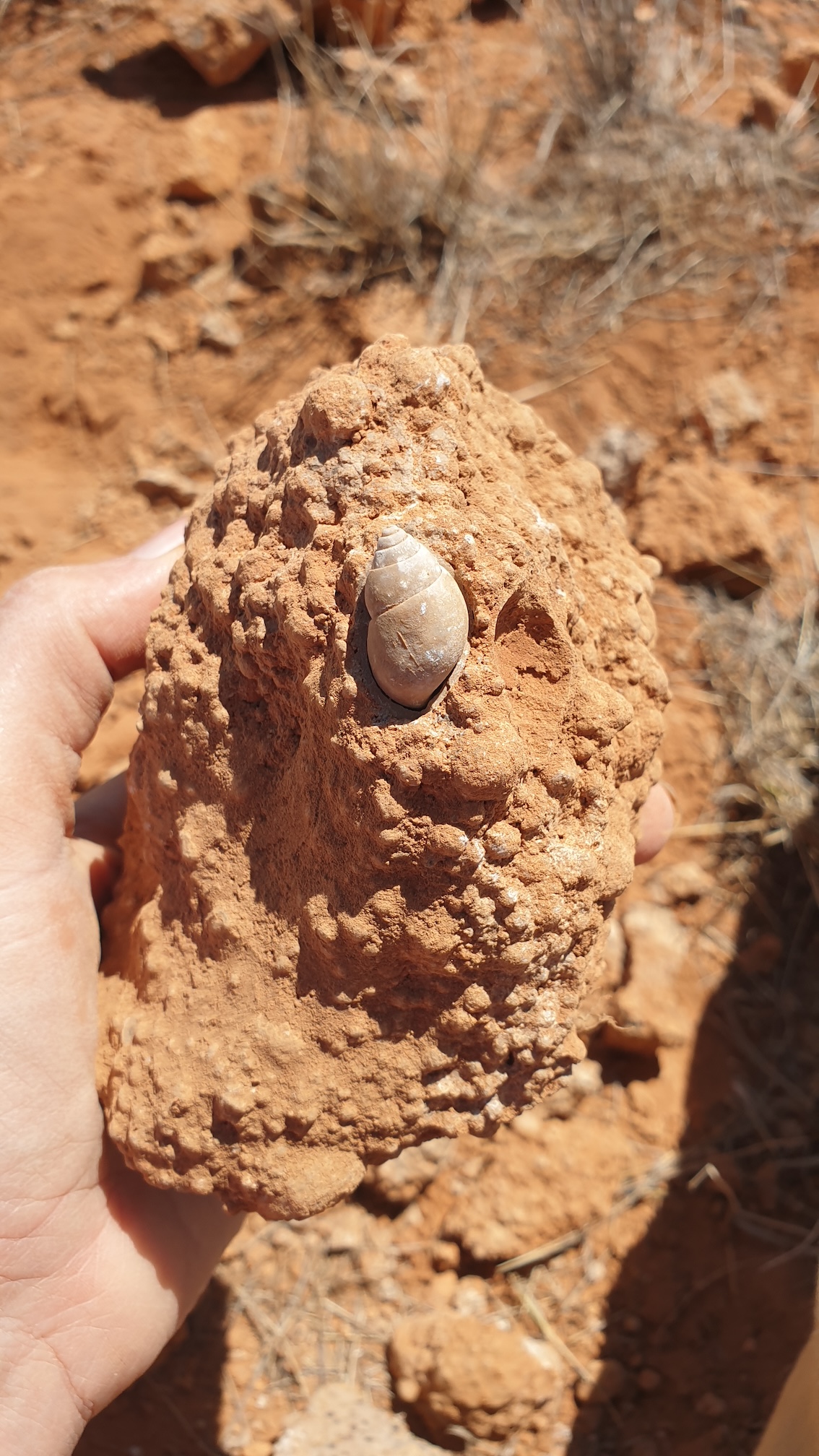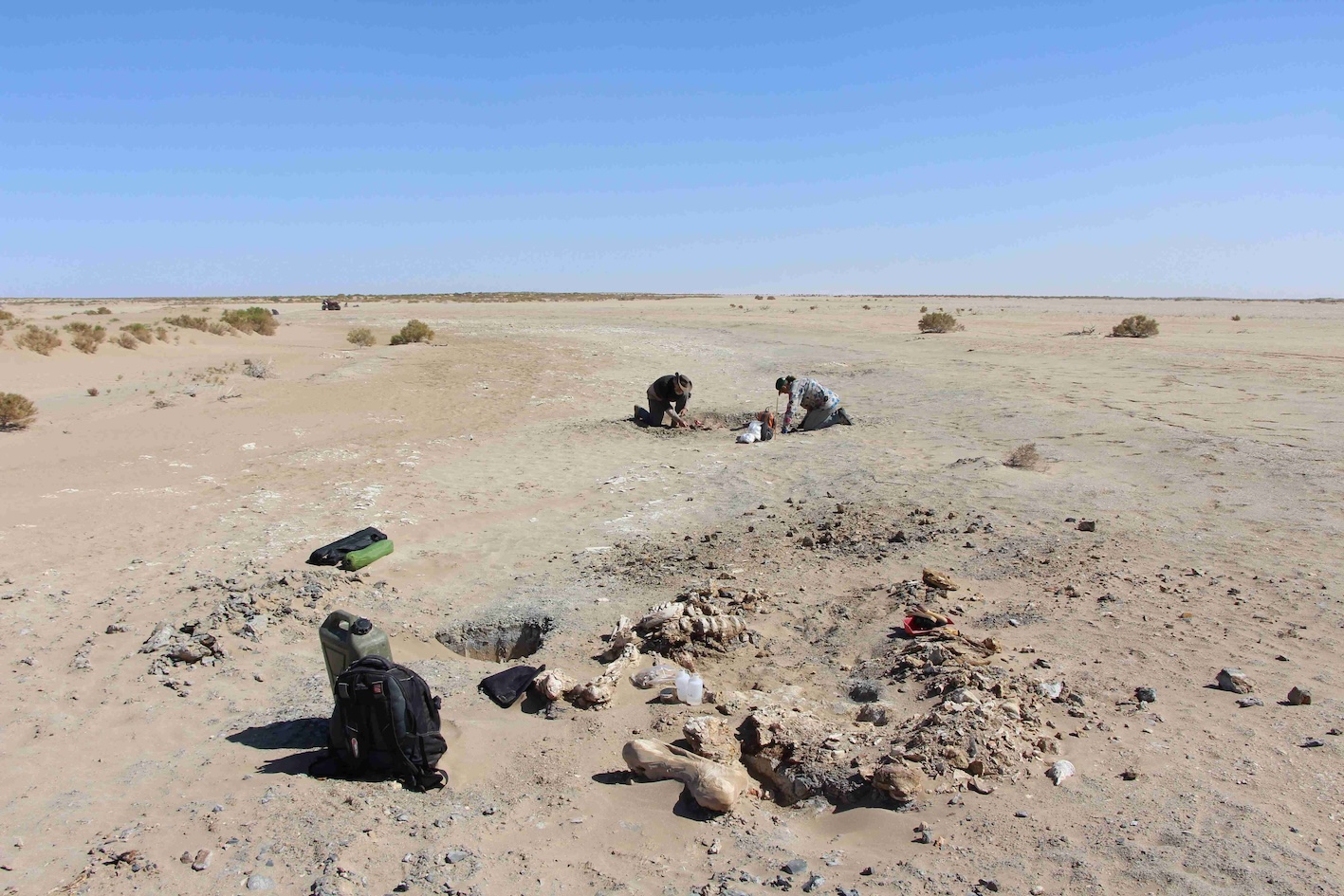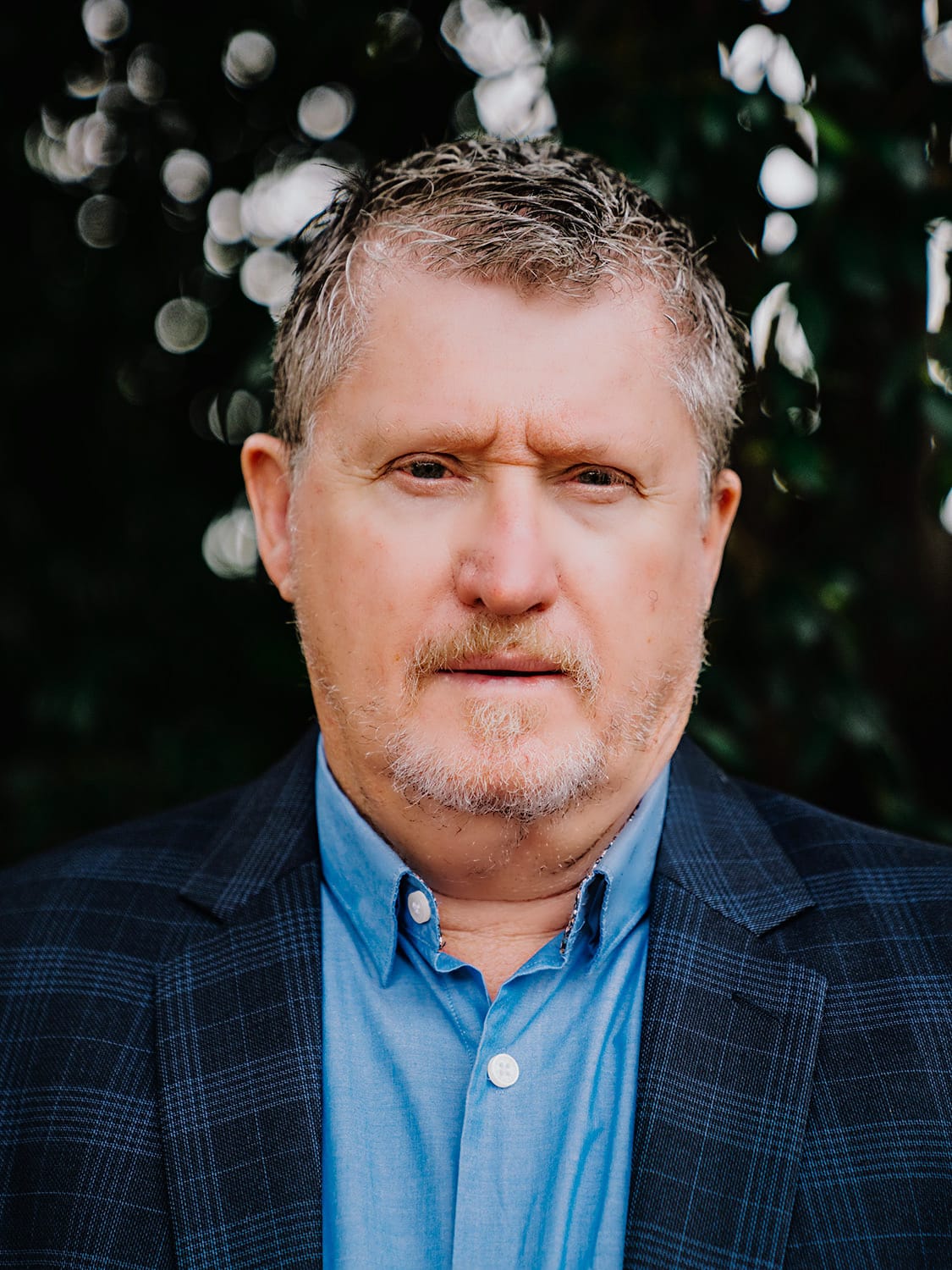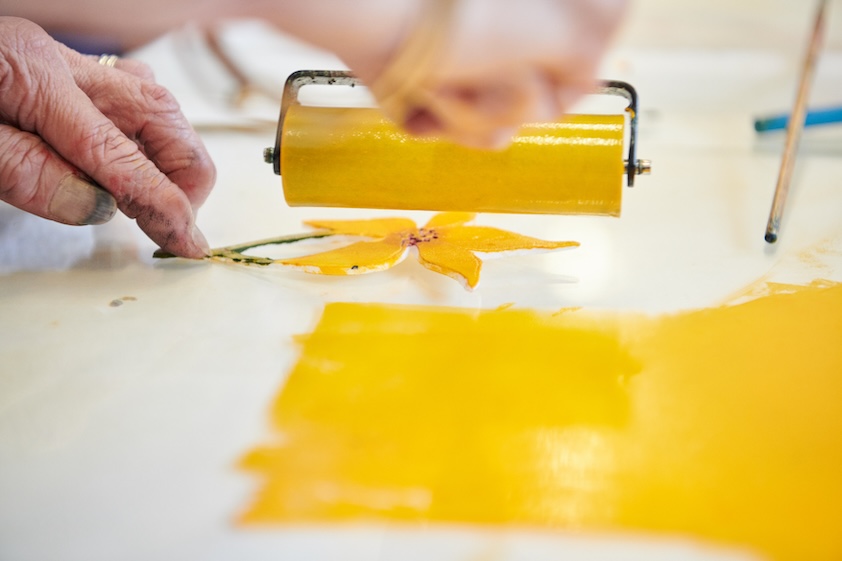A webinar run by the Consumer’s Health Forum this month set out the schedule for Covid vaccination in Australia.
Professor Michael Kidd, principal medical adviser to the Department of Health, said the aims of the program were first to prevent death and disease, then hopefully to prevent transmission of the virus and eventually aim for herd immunity.
The Pfizer vaccine will be available at the end of February with 80,000 doses per week to be delivered. The Astra-Zeneca vaccine should be approved shortly and be available for use from mid-March. The Novavax vaccine will not be available until mid-year. Approval of all vaccines is initially for two years.
To provide equitable access to the vaccine it will be free to everyone in Australia and supplied in stages depending on peoples’ risk profile:
Phase 1a will be given to 678,000 quarantine and border workers, front line health workers, aged care and disability care staff and residents. This will be given in hospital clinics and care homes.

Phase 1b of 14.8 million doses will be given to adults over 70, other healthcare workers, Aboriginal and Torres Strait people over 55, younger adults with underlying medical condition and critical staff in police, defence, fire and emergency services and meat workers. These vaccinations may also take place in GP clinics.
Phase 2a will include all adults over 50, Aboriginal and Torres Strait people over 18 and other critical and high risk workers, a total of 6,560,000 doses. This may be administered at pharmacies as well as GP clinics and hospitals.
Phase 2b will be everyone else over 18.
There may eventually be a phase 3 for younger people.
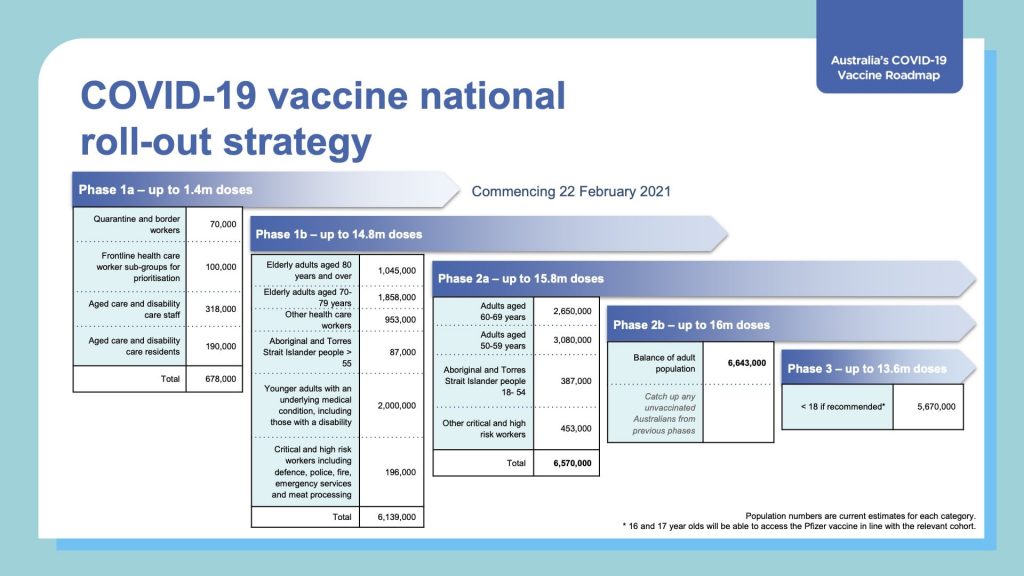
Professor Kidd said the anticipated risks may determine whether to vaccinate everyone.
“It is not known if the vaccine is suitable for pregnant and breast feeding women. We are awaiting trial results. No pregnant women were enrolled in the phase 3 trials. However, 23 found themselves pregnant during the trial and they had no problems.
“It is also uncertain if the vaccine should be given to frail aged people or those with a terminal illness.”
“Safety data from other countries shows only mild side effects like we expect from the ‘flu vaccine. There have been few allergic reactions usually from people who are allergic to other vaccines.
“For that reason patients must wait 15 minutes after vaccination in case of a reaction and vaccination. centres will be staffed with nurses and doctors in case of problems,” he said.
There will be on going safety monitoring of any adverse reaction, no matter how minor.
Professor Kidd said all vaccines require two doses of the same vaccine and in the case of the Pfizer vaccine at least 21 days apart.
People having their annual ‘flu vaccine in April and May need to plan a 14 day gap between ‘flu and Covid vaccination
Every vaccination will be recorded on the Australian vaccination register and hard copies will be available for patients.
Making sure everyone who wished too be vaccinated had a vaccine and prioritising distribution equitably is a major undertaking but planning is well in hand.
The first aged care and disability residents in these suburbs will receive vaccines:
- Balcatta
- Bunbury
- Calista
- Carey Park
- Cooloongup
- Donnybrook
- Eaton
- Emu Point
- Kingsley
- Lockyer
- Madeley
- Marangaroo
- Mirrabooka
- Port Kennedy
- Rockingham
- Shoalwater
- South Bunbury
- Spencer Park
- Waikiki
- Yakamia
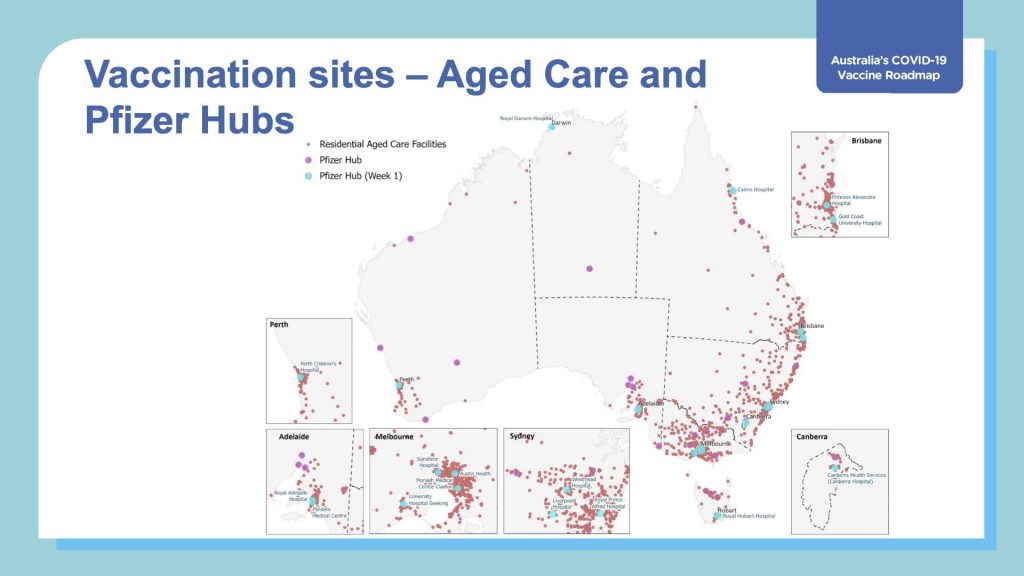
Use the Covid-19 vaccine eligibility checker to see in which phase you will be eligible to receive vaccine.




